My favorite movies of the 2020s so far
Looking at the 15 best movies of the last 5 years (and 15 runner-ups)
We are nearly at the halfway mark of this chaotic, and if I’m being honest, pretty shitty decade. War, genocide, the aftershocks of a pandemic, and the general deterioration of the planet continue apace. The fight to end or change these things continue on many fronts, but these are long battles, and I can’t say I have much hope that the rest of the decade will be substantially better than it is now.
“Jesus, I thought this was a MOVIE newsletter?” some of you are probably thinking. If that’s you, then maybe you should spend more time looking at the world around you, but yes…The movies! Now, more than ever!
As has been the case for the medium’s entire history, movies are escapist fare for many—the spectacle, the scares, the romance, etc. There’s nothing wrong with that! I have an illness1, though.
I don’t watch movies to be distracted from the world. I watch them to be exalted, to be shaken to the core, to sublimate myself, my ego, and my identity.2
To that end, I have more hope in the possibilities of cinema than I do in… well, most things. How? The segmentation of the industry continues, and the theatrical experience becomes more and more dominated by ugly, focus-grouped (or algorithmed) offerings from the Disney umbrella and other conglomerates, sure.
But visionary films that reshape or reconfigure the possibilities of the form are out there. And while nothing can compare to a true moviegoing experience at my favorite theaters, there are more ways to watch these great films (new and especially old) than ever before. That availability is as overwhelming as it is promising, as is the ease of access to quality image-making tools.
So as we sprint into the disastrous unknown of the rest of this decade and beyond, I’m taking a moment to pause and take stock of the masterful, medium-defining cinematic experiences I’ve had in the last 5 years.
My 15 favorite films of the 2020s so far
Killers of the Flower Moon- Martin Scorsese is the greatest living filmmaker, and he continues to push the medium forward with deeply personal stories told on an epic scale that very few are afforded. Killers of the Flower Moon is a profoundly agonized dissection of greed, racism, and murder set on Osage land in the early 20th century. It is about the systematic slaughter of wealthy members of the tribe at the hands of white men, told through the prism of a twisted romance. Violence and betrayal are casual and unending; Scorsese stares head-on into a world of intense spirituality beset on all sides by empty horror. Review
Asteroid City- Wes Anderson builds elaborate dollhouses in order to live. That is the underlying point of Asteroid City, which is about not only its own making but its director’s aesthetic philosophy. The story concerns a group of people in the desert who encounter the supernatural, as well as the making of a play about that same group. It’s a Russian nesting doll of narratives within narratives, artifice on top of artifice. However, every neatly composed frame, every structural gambit is meant to reveal vast emotional truths, not conceal them.
Days- Tsai Ming-liang shot Days over several years with his longtime muse, the actor Lee Kang-sheng. His images are still and simple; he moves to the sad yet serene rhythms of two men, a middle-aged man played by Lee and a younger one played by Anong Houngheuangsy. We observe them apart in extended sequences of isolation- seeking treatment for back pain, cleaning and cooking in an apartment, and wandering the streets alone. Days builds to their intensely erotic connection in a hotel room that ends with the older man quietly giving the other a music box. This brief moment of connection amid a landscape of loneliness is unspeakably moving, and has lingered in my mind long after I saw the film.
The Power of the Dog- “What kind of man would I be if I did not help my mother? If I did not save her?” These are the first lines in Jane Campion’s masterful frontier thriller, spoken in voiceover by a young man (Kodi Smit-McPhee) who later becomes tangled in a battle of wills with a troubled, tyrannical rancher (Benedict Cumberbatch) in mid-20s Montana. The Power of the Dog dissects the dual prisons of repression and masculinity with claustrophobic precision. Campion and her superb cast, which also features Kirsten Dunst and Jesse Plemmons, have crafted a chamber piece where nearly every gesture resonates.
May December- May December is a spell-binding, slippery, and winkingly hilarious deconstruction of the classic melodrama. In other words, it’s a Todd Haynes film. The seemingly normal Southern suburbia of his film hides destructive secrets and emotions that erupt like a volcano, not unlike Marcelo Zarvos’ relentless piano-driven score (a reworking of music used in the 1971 film The Go-Between). Centered on an actress shadowing the subject of her next film, which revisits a 20-year-old sex abuse scandal, May December is built on the contradictions and falsehoods at the core of its premise. Its performances are revelatory, especially those of Julianne Moore and Charles Melton as a couple who have settled into a deeply unsettling normalcy. Review
Drive My Car- Ryûsuke Hamaguchi’s epic is an incredibly perceptive and affecting portrait of grief. Ostensibly about a stage actor and director (Hidetoshi Nishijima) struggling to stay afloat after the sudden death of a loved one, Hamaguchi makes space for a sprawling study of nearly everyone in his orbit. That includes other actors in a new production of Chekhov’s Uncle Vanya as well as the actor/director’s driver (Tôko Miura). As the film wears on, the connection these two forge grows into a shattering climax.
Do Not Expect Too Much from the End of the World- As ferociously angry as it is funny, Radu Jude’s film is a howl into the overworked, underpaid abyss. He is a confident, exacting filmmaker, crafting scenes that feel freewheeling and immediate as we accompany a production assistant for a Romanian video company during one hectic day on the job. As we ride shotgun with her, privy to the apathy and casual depravity of everyday life, Jude uses a wide array of visual aesthetics to jolt us at every turn; much of the film is in grainy black-and-white, but he also deploys TikTok filters, clips from a 1981 Romanian film, and a cringe-inducing 40-minute static shot that uses an ultra-high-definition color camera. Review
Crimes of the Future- David Cronenberg’s film takes his usual artistic obsessions to sparse aesthetic extremes. Set in a drab future of near-apocalyptic ruin, Crimes of the Future concerns an artist who does not feel pain, and whose body is automatically growing new organs. His collaborator and lover surgically removes them in front of an audience. (I did say it was a Cronenberg film, right?) Amid a flurry of pleasingly grotesque world-building, he has crafted his most romantic film since 1996’s Crash. The two main characters are lovers at the end of the world, creating art not out of pain but its absence.
Last Summer- Catherine Breillat is in wicked good form with this darkly comic tale about Anne (Léa Drucker), a child advocacy lawyer who has an affair with her 17-year-old stepson. Breillat is a master at navigating the thorny dynamics between desire and power, and Last Summer is both a distillation and sly reworking of that artistic MO. Drucker’s performance is key to the film’s success, too, especially in the movie’s emotionally blunt final stretch.
The French Dispatch- Before he achieved his career high (to date) with Asteroid City, Wes Anderson unlocked a new level of liberating spontaneity with this film, inspired by The New Yorker magazine. The French Dispatch tells three distinct tales about the relationship between writers and their various subjects as they craft articles for the fictional publication’s final edition. All of these pieces are nurtured by the magazine’s editor (Bill Murray), a stubborn beacon of creativity intent on drawing out his writers’ singular visions.
In Front of Your Face- This film from the prolific director Hong Sang-soo is a deeply affecting story about an actress (Lee Hye-yeoung) who has returned to Seoul after years in the U.S. to visit old friends and family as well as meet a promising young director who wants her to return to acting in his new film. Filled with long, meandering conversations that gradually unveil profound emotional truths (Hong’s signature), scenes from this film, and Lee’s striking performance, replayed in my mind long after it ended.
Fourteen- Dan Sallitt’s film is an astonishing tale of friendship flailing across decades. Mara (Tallie Madel) and Jo (Norma Kuhling) have known each other since childhood, but the movie focuses on the diverging paths they take as young adults. Told from Mara’s perspective, Fourteen centers on the conflicting impulses to grow into her own life and be there for Jo, who is becoming increasingly unstable amid struggles with mental illness and addiction. It proves to be an impossible situation, and as the years slip by and their connection fades, life relentlessly, and devastatingly, moves on.
Tár- Todd Field made a triumphant return to filmmaking with this ruthless and punishing epic about classical music conductor Lydia Tár (Cate Blanchett), whose world is crumbling under the weight of her own hubris. A slow-burning ghost story that doubles as a complex dissection of power, Tár simply would not work without Blanchett’s cooly confident yet simmering performance at its center.
All the Beauty and the Bloodshed- Laura Poitras’ gripping documentary about the photographer Nan Goldin is an expansive and thrilling portrait of art, activism, and how the two are inextricably linked. Structured around Goldin’s struggle to hold the Sackler family accountable for the opioid crisis, Poitras also opens up the movie to showcase how this modern fight was informed by her experiences in the ’70s and ’80s queer art scene in New York and her tumultuous family history.
Benedetta- Set in plague-ridden Italy in the 17th century, Paul Verhoevan’s story of religious and carnal passion focuses on a nun who receives powerful, often lurid visions from Jesus. Or does she? As Sister Benedetta, Virginie Efira sells these visions so well that it’s impossible not to buy in, regardless of the truth. She and Verhoevan create a gleeful melodrama that hinges on her rising to power at her convent while simultaneously falling in forbidden love with another nun.
And 15 runner-ups, for good measure
Kajillionaire (Dir. Miranda July)
Menus-Plaisirs Les Troisgros (Dir. Frederick Wiseman)
First Cow (Dir. Kelly Reichardt)
Licorice Pizza (Dir. Paul Thomas Anderson)
Caught by the Tides (Dir. Jia Zhangke)
La Chimera (Dir. Alice Rohrwacher)
Nope (Dir. Jordan Peele)
Evil Does Not Exist (Dir. Ryûsuke Hamaguchi)
Memoria (Dir. Apichatpong Weerasethakul)
Armageddon Time (Dir. James Gray)
Let Them All Talk (Dir. Stephen Soderbergh)
Wheel of Fortune and Fantasy (Dir. Ryûsuke Hamaguchi)
I Saw the TV Glow (Dir. Jane Schoenbrun)
Decision to Leave (Dir. Park Chan-wook)
Showing Up (Dir. Kelly Reichardt)
Alright, let’s hear your favorites, least favorites, disagreements, or anything else that might be on your mind 😜
Cinephilia, stage 4 🙁
To paraphrase Lydia Tár (Cate Blanchett)




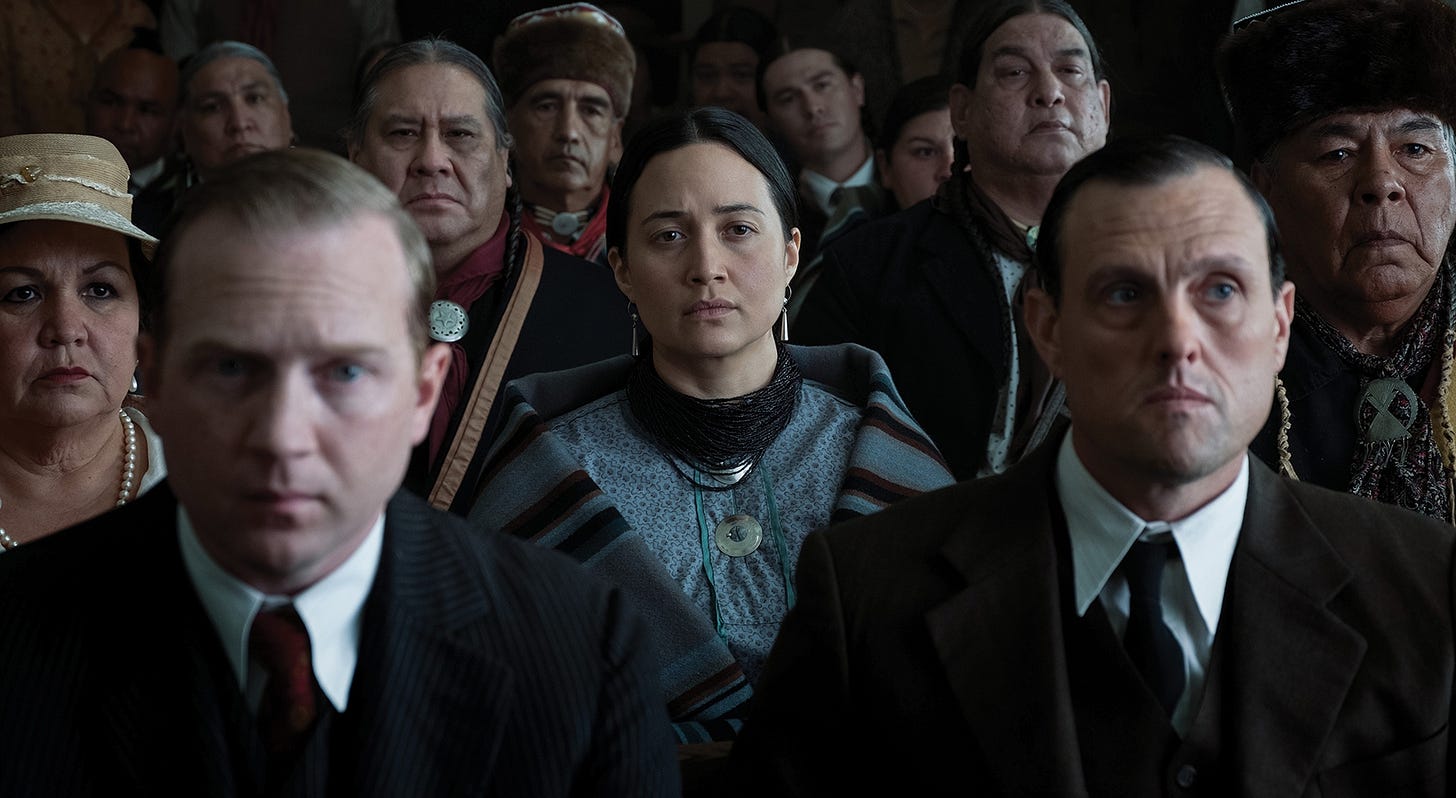
![Asteroid City – [FILMGRAB] Asteroid City – [FILMGRAB]](https://substackcdn.com/image/fetch/$s_!7pp5!,w_1456,c_limit,f_auto,q_auto:good,fl_progressive:steep/https%3A%2F%2Fsubstack-post-media.s3.amazonaws.com%2Fpublic%2Fimages%2F534941f2-4955-446b-a967-6f6886305b67_1920x803.jpeg)
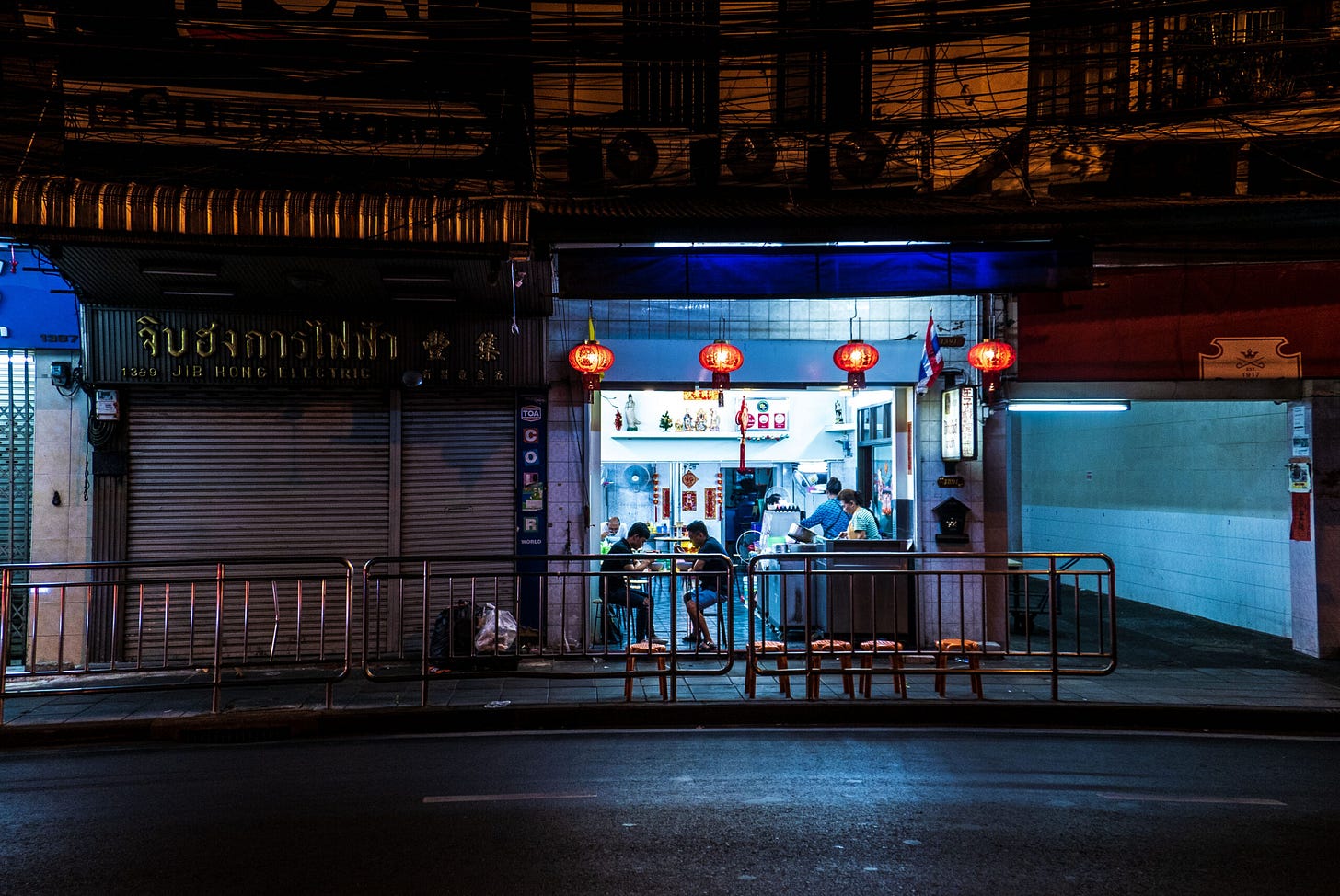
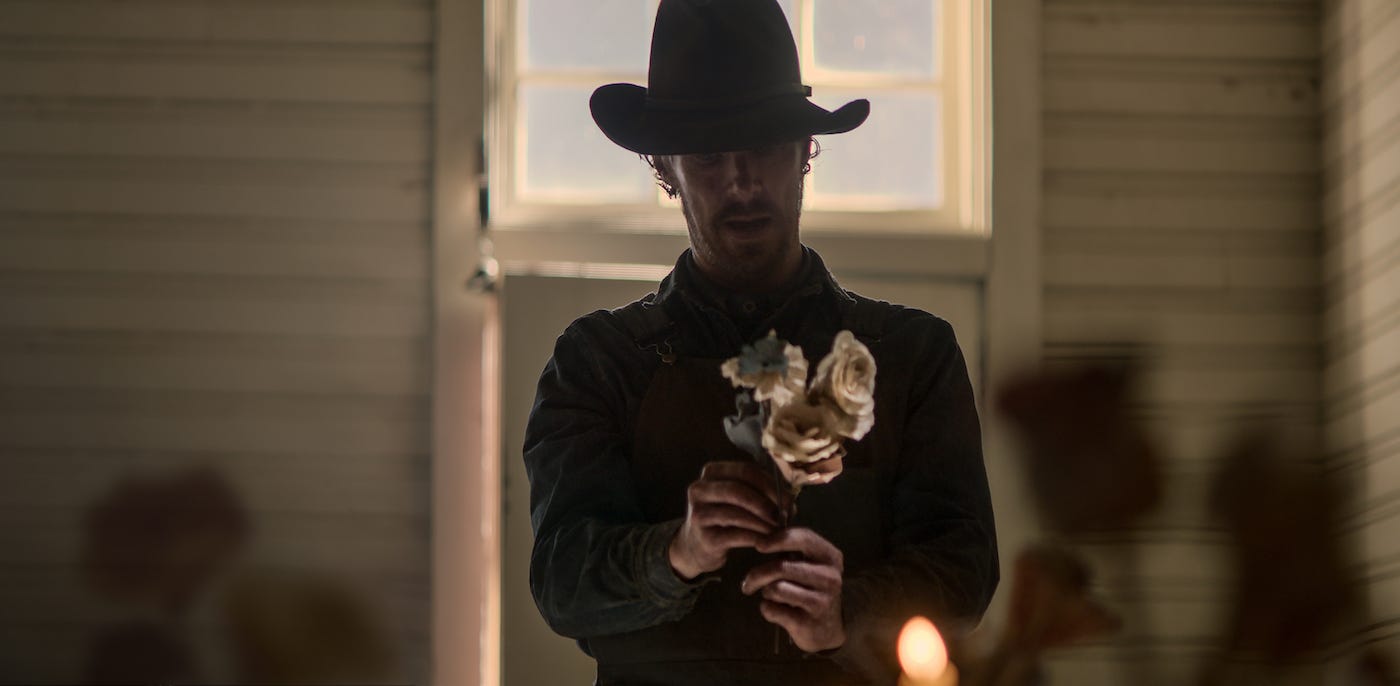
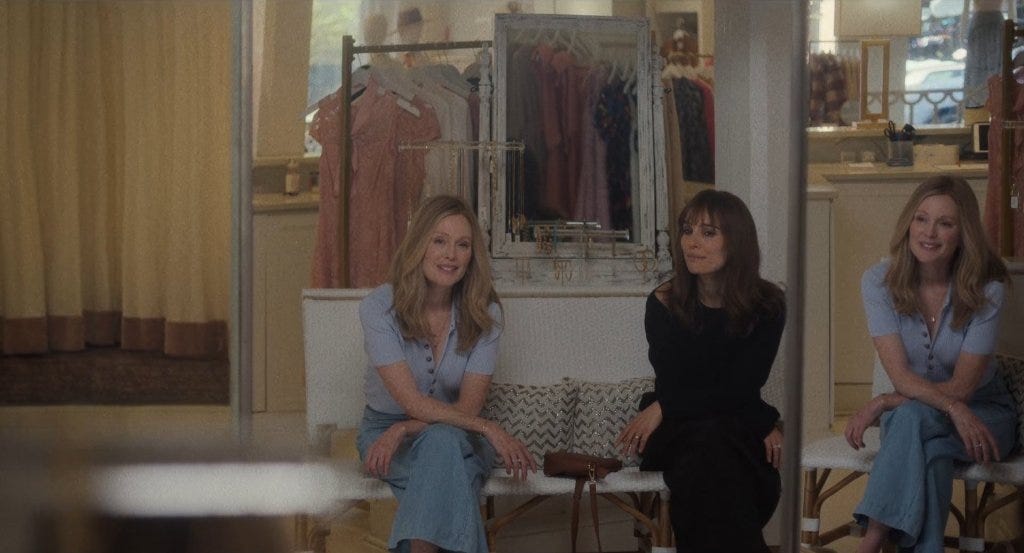
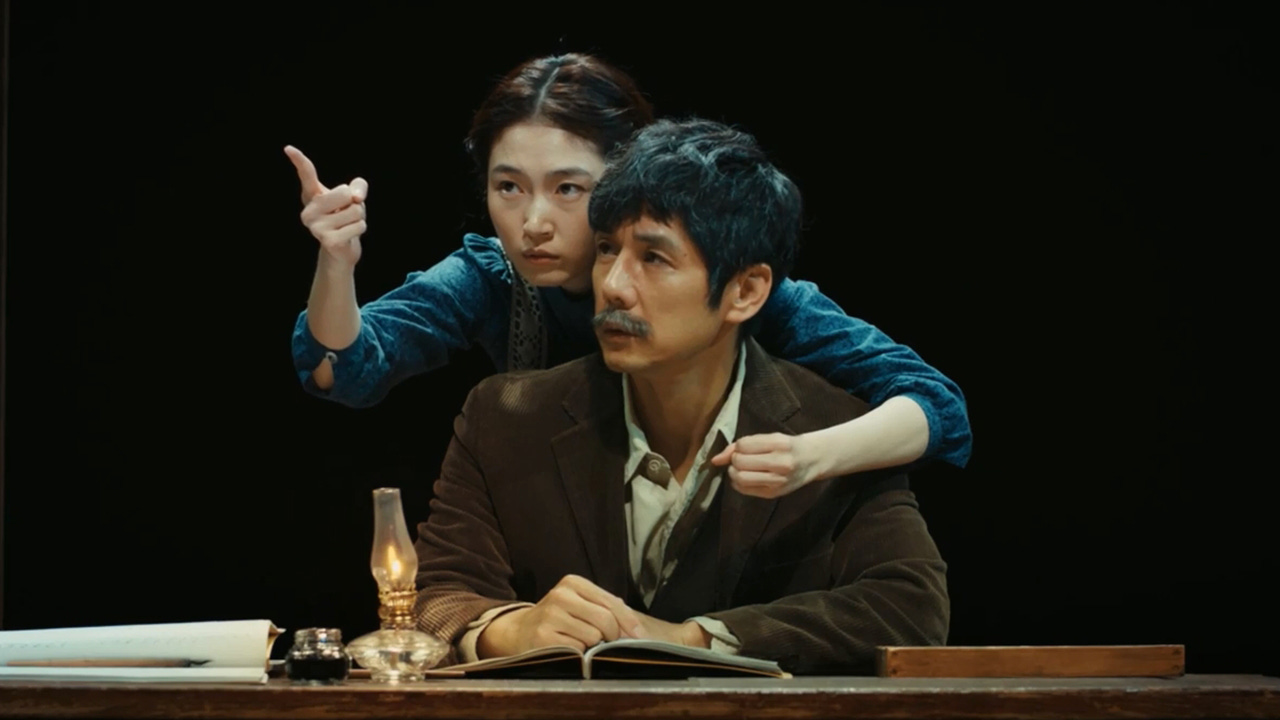
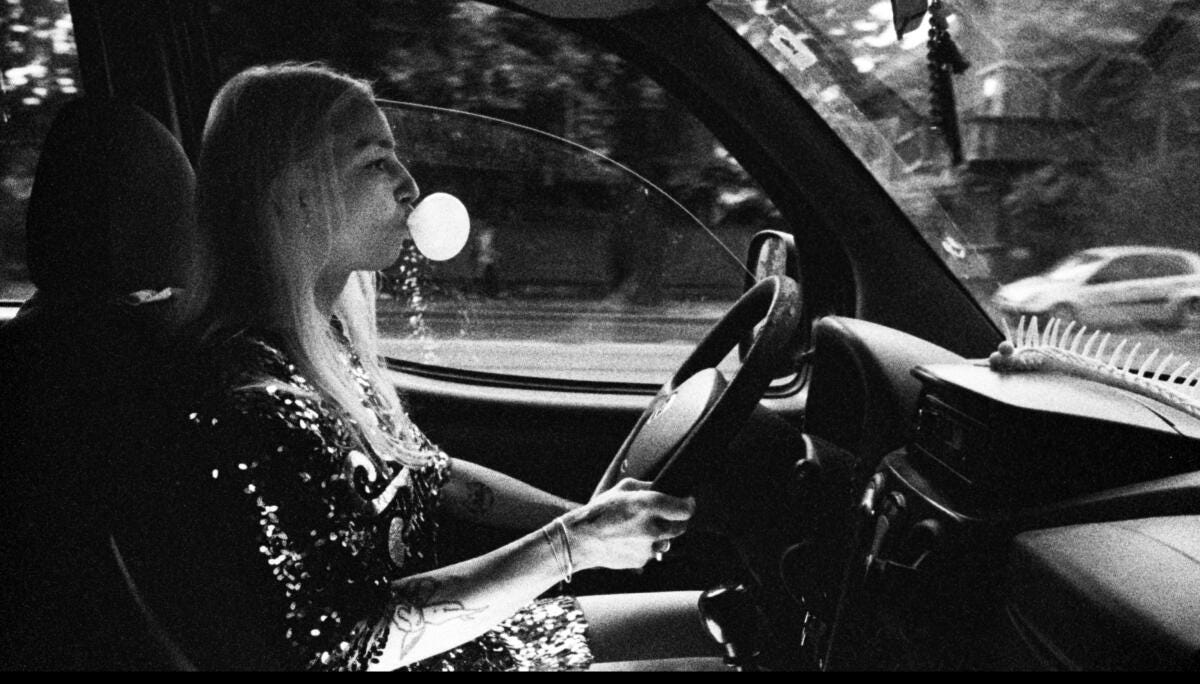
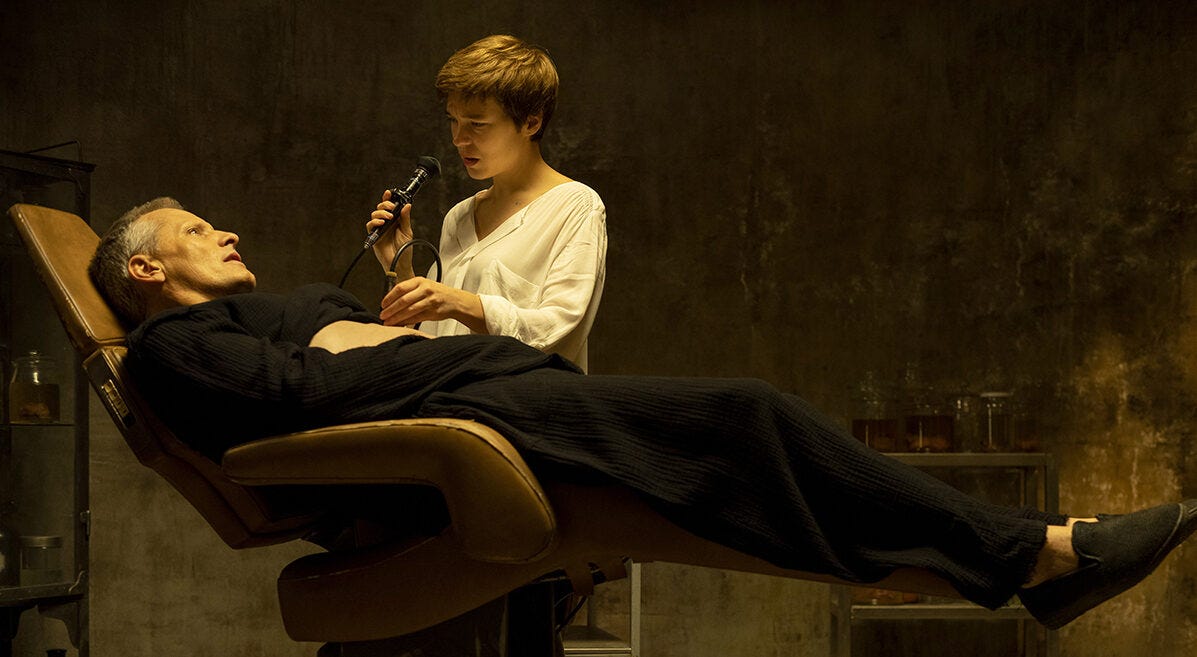

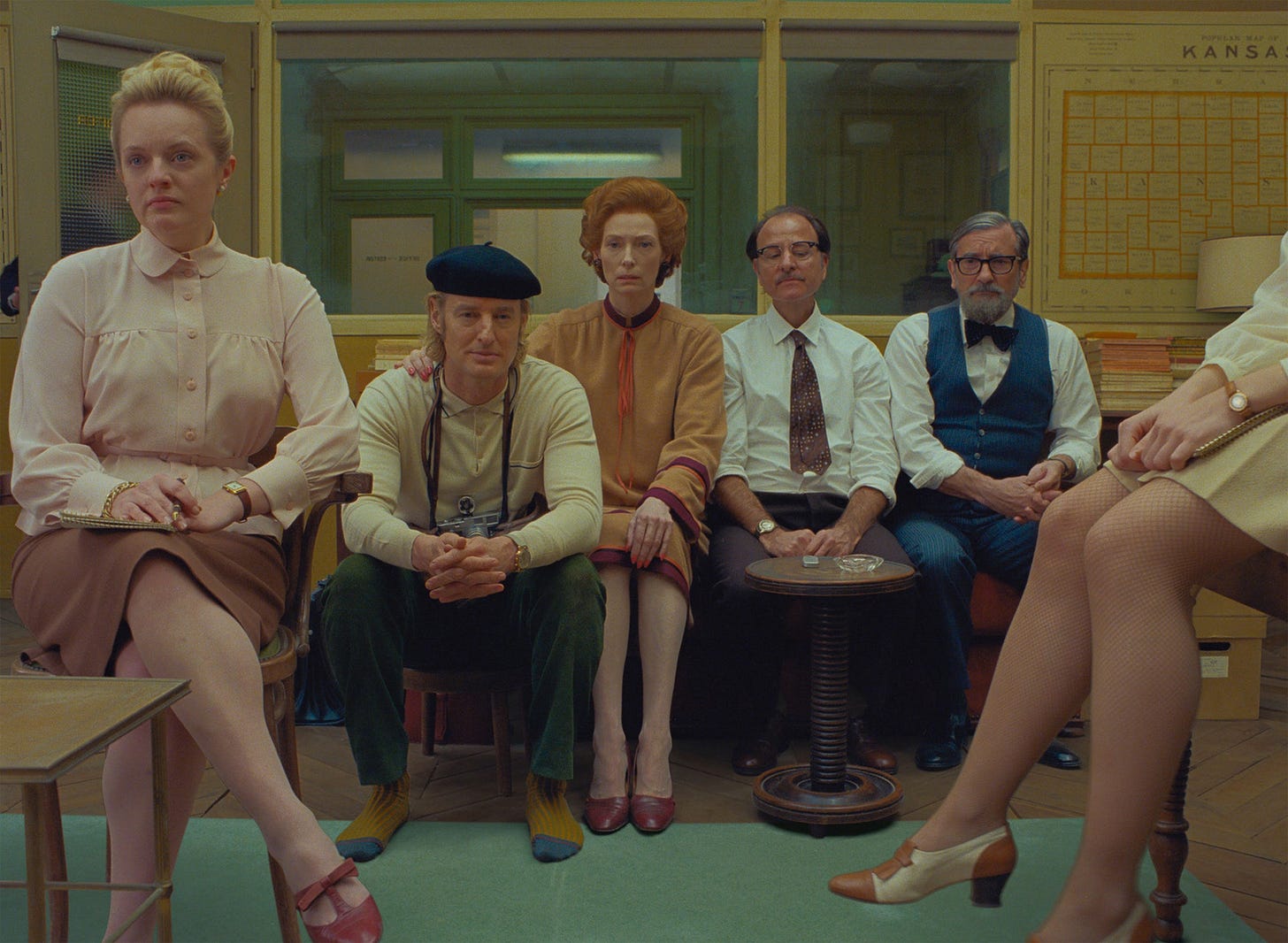
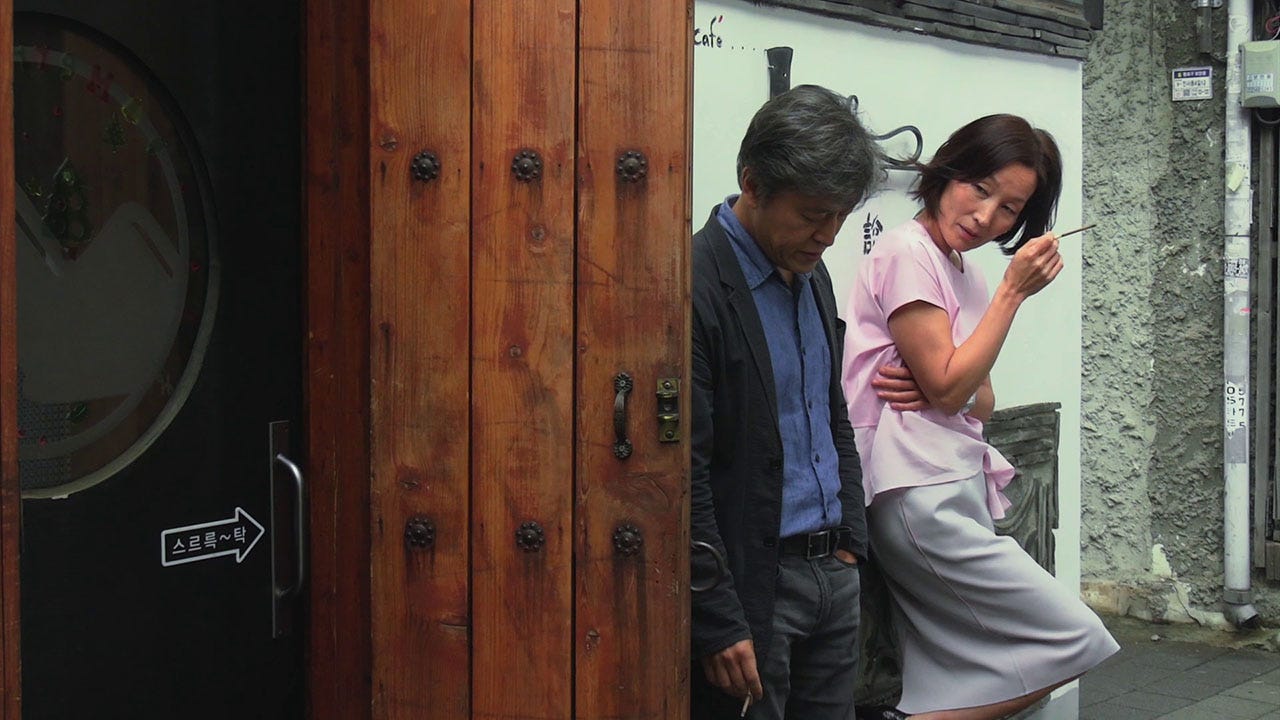
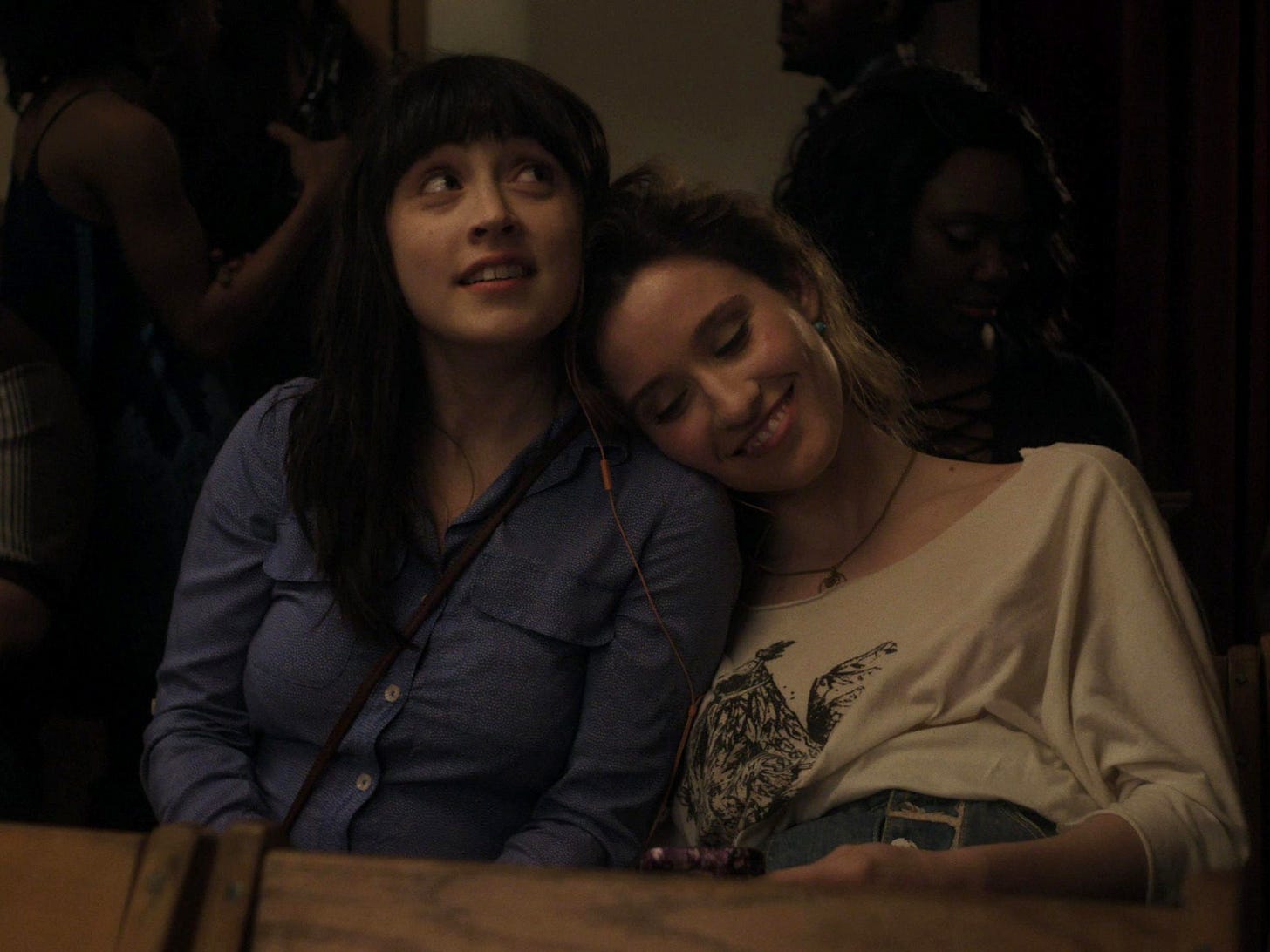
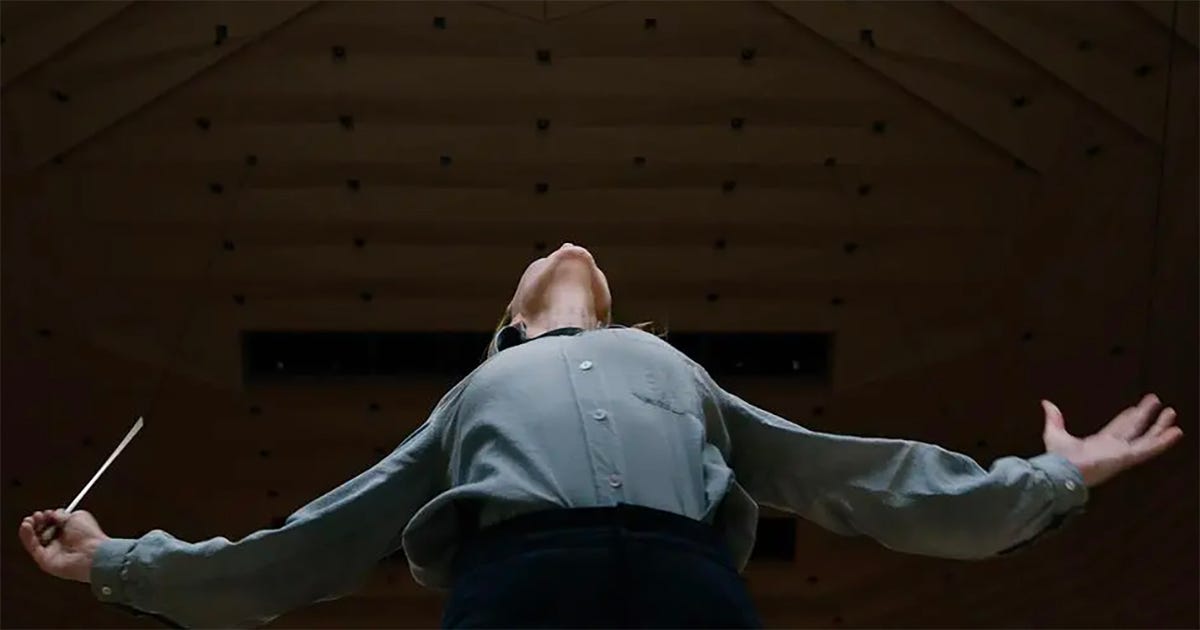
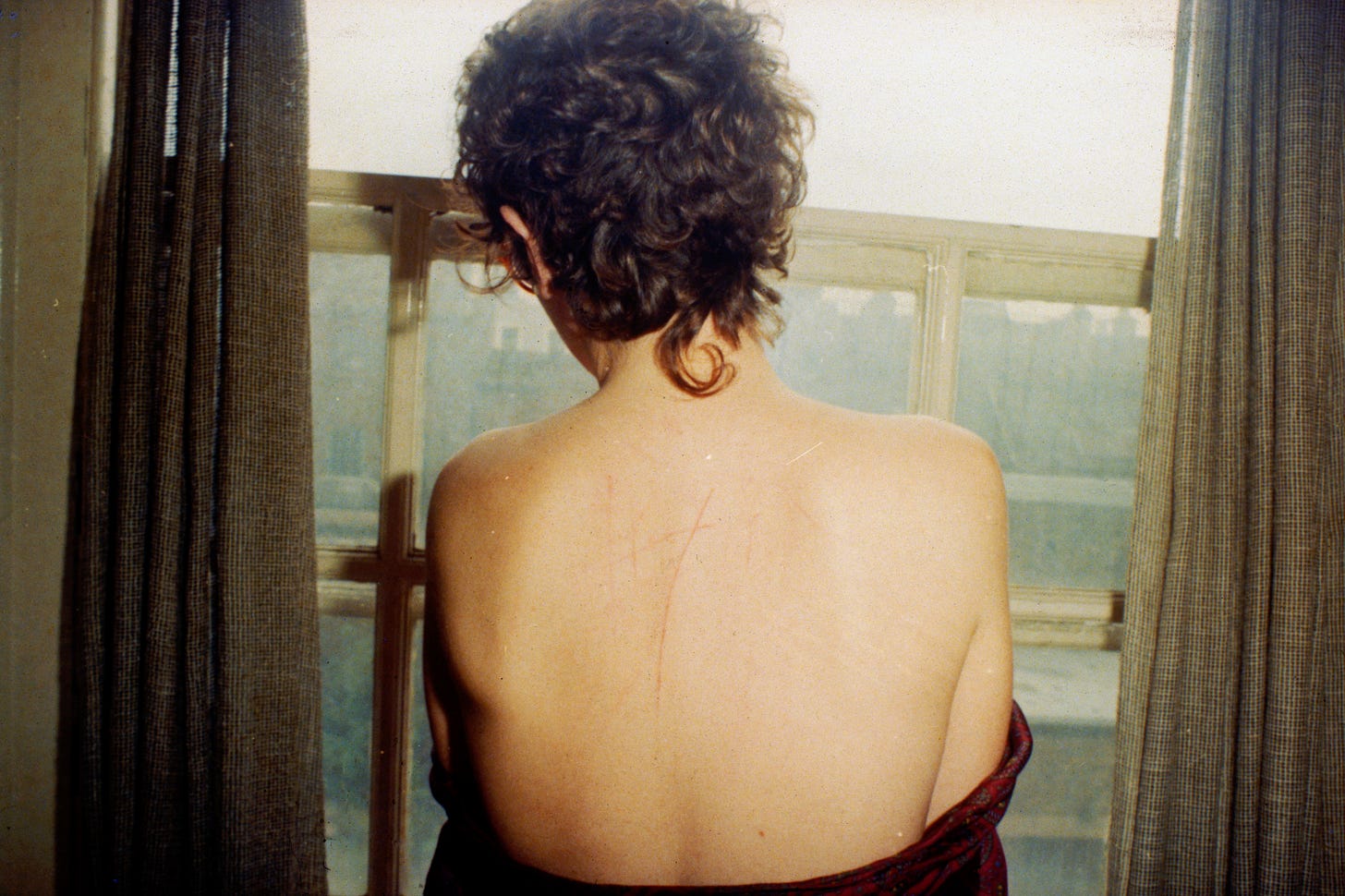
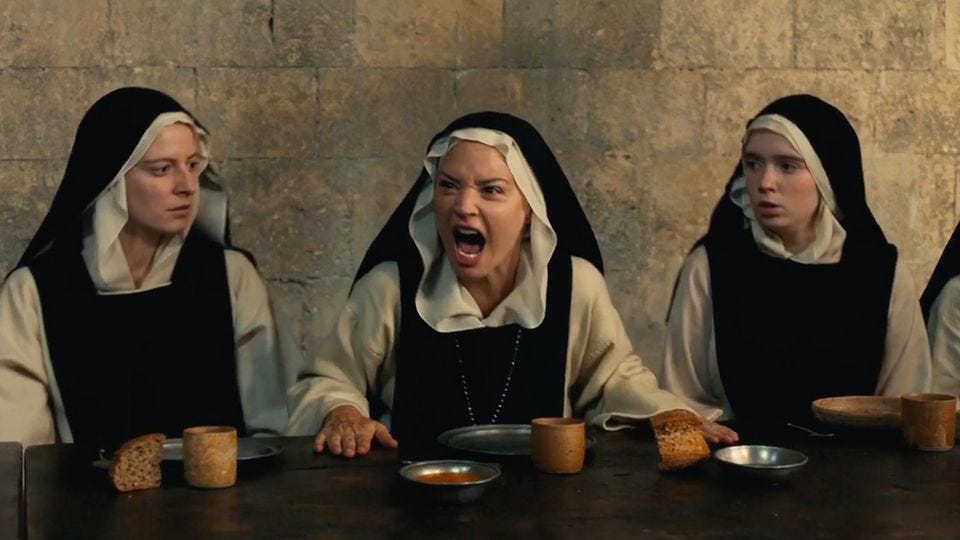
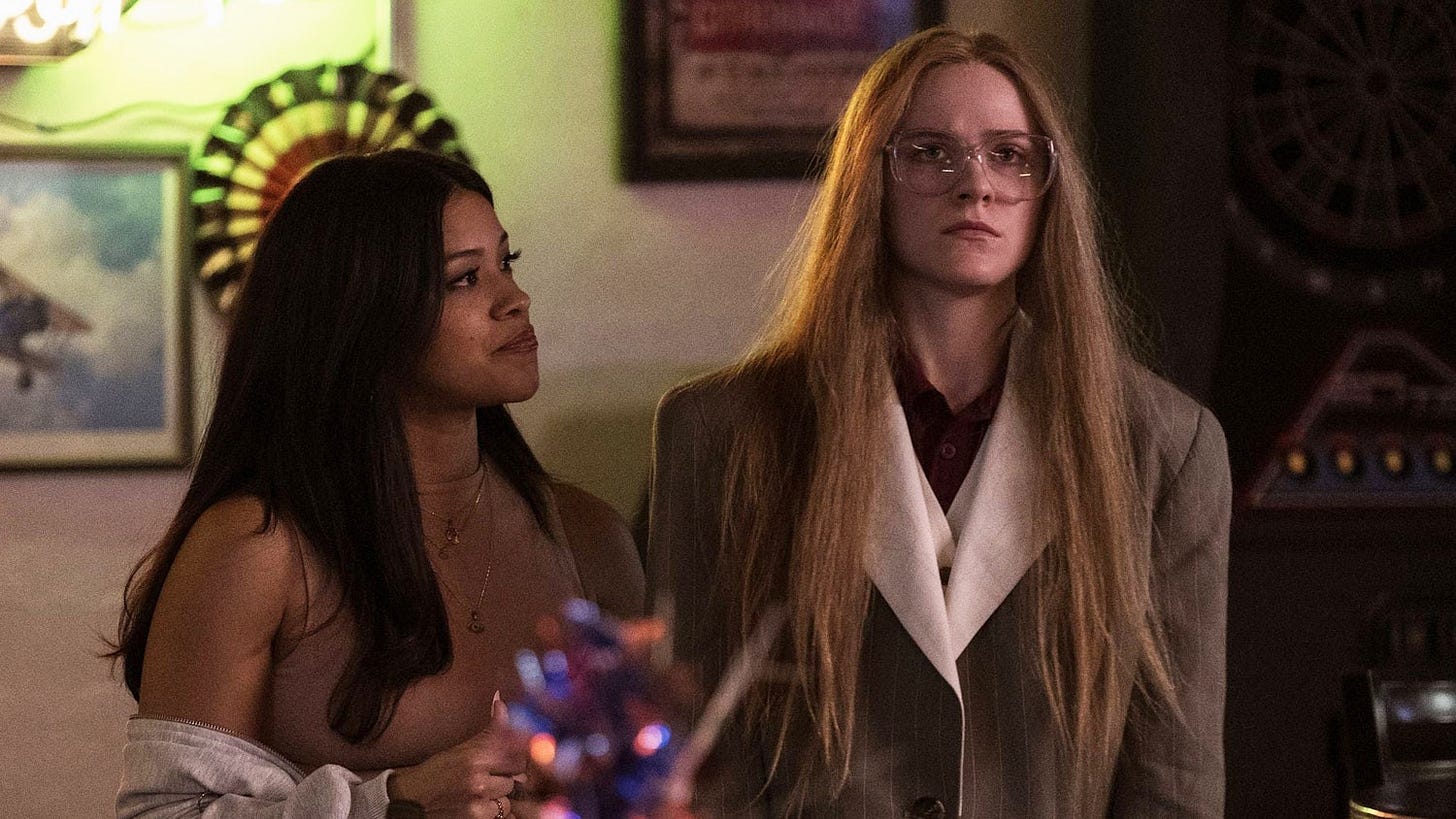
Fantastic list! Mildly disagree with Power of the Dog and May December (still good movies.) Would move Wheel of Fortune and Fantasy and Licorice Pizza out of the runner ups. Not a fan of French Dispatch but Asteroid City is my favorite Wes
I disagree on The French Dispatch and Kajillionaire and agree on everything else - yay